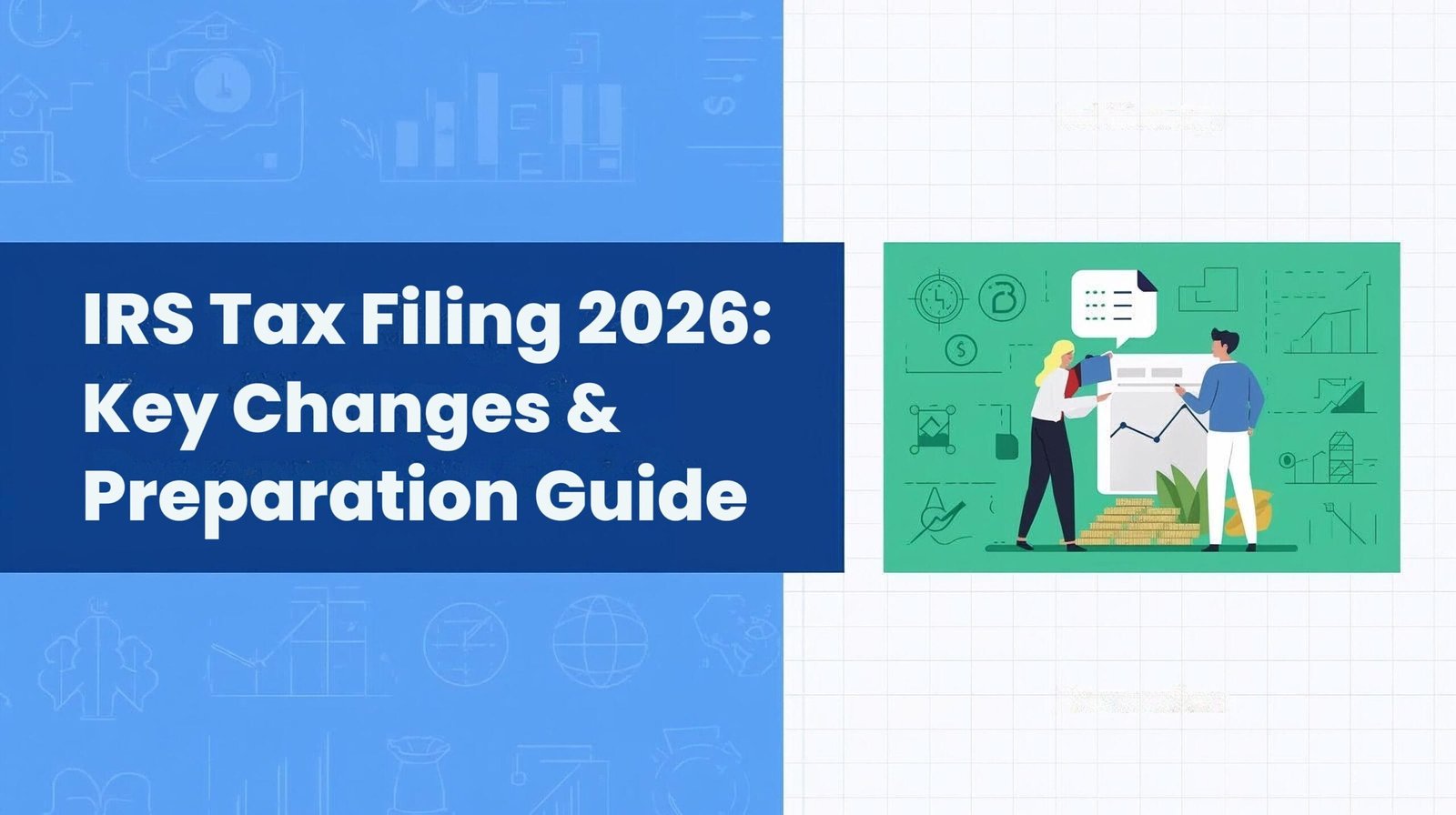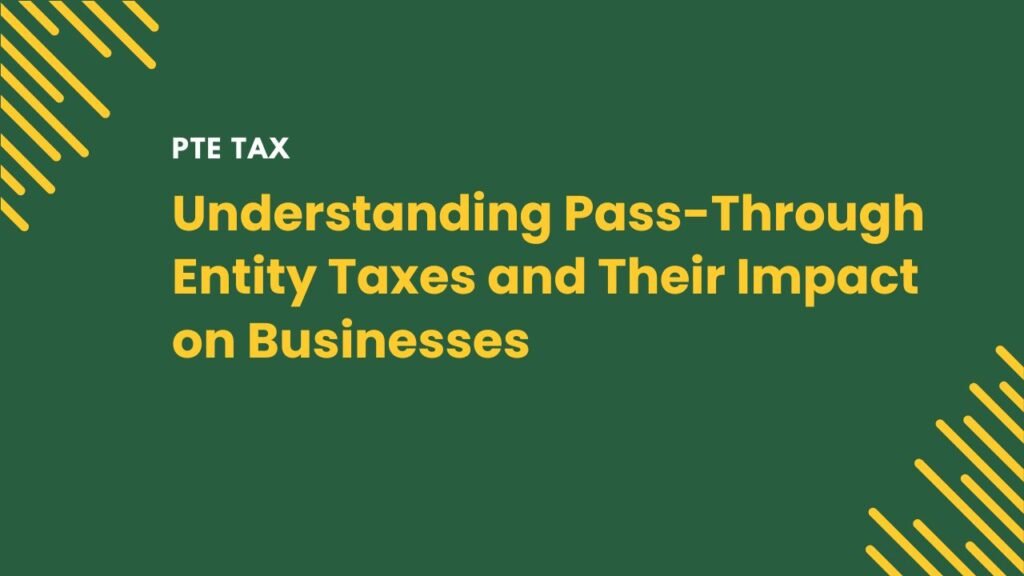
We Make Tax Filing A Breeze
Home » PTE Tax: Understanding Pass-Through Entity Taxes and Their Impact on Businesses

PTE tax, or Pass-Through Entity tax, is a new type of tax that some states are imposing on businesses that are structured as pass-through entities. Pass-through entities are businesses that do not pay income tax at the entity level. Instead, the income of the business is passed through to the owners of the business, who are then responsible for paying income tax on their share of the income.
PTE tax is designed to raise revenue from businesses that are structured as pass-through entities. It is also designed to encourage businesses to restructure themselves as C corporations, which are businesses that pay income tax at the entity level.
PTE tax is calculated as a percentage of the income of the pass-through entity. The percentage varies from state to state. For example, in California, the PTE tax rate is 9.3%.
The PTE tax is paid by the pass-through entity. However, the owners of the pass-through entity are able to claim a credit against their own state income tax liability for their share of the PTE tax.
PTE tax is only imposed on businesses that are structured as pass-through entities. This includes partnerships, S corporations, and limited liability companies (LLCs) that are taxed as partnerships.
PTE tax is not imposed on businesses that are structured as C corporations. C corporations pay income tax at the entity level, so there is no need to impose an additional tax on the owners of the business.
Proponents of the PTE tax argue that it is a fair way to raise revenue from businesses that are structured as pass-through entities. They argue that these businesses are currently able to avoid paying income tax at the entity level, which gives them an unfair advantage over businesses that are structured as C corporations.
Opponents of the PTE tax argue that it is a double tax on businesses. They argue that businesses that are structured as pass-through entities already pay income tax on their income at the individual level. Imposing an additional tax at the entity level is unfair and will discourage businesses from forming pass-through entities.
PTE tax is a new type of tax that some states are imposing on businesses that are structured as pass-through entities. PTE tax is designed to raise revenue from businesses that are structured as pass-through entities and to encourage businesses to restructure themselves as C corporations.
PTE tax is a controversial issue. There are strong arguments on both sides of the issue. It remains to be seen whether the PTE tax will become a permanent fixture of the tax landscape.
To learn more about how you can reduce your taxes and save money, check out the helpful resources on our blog or contact us today to schedule a consultation.